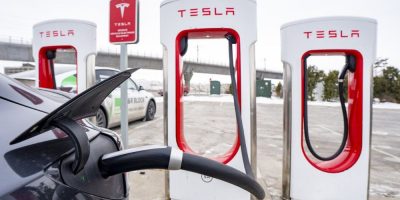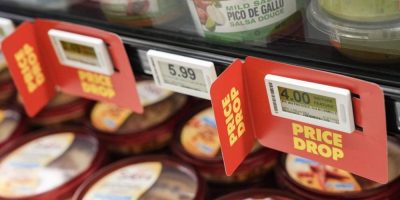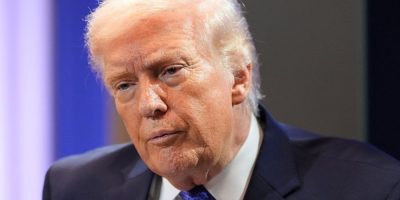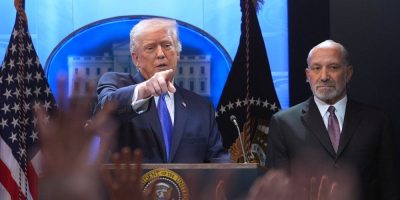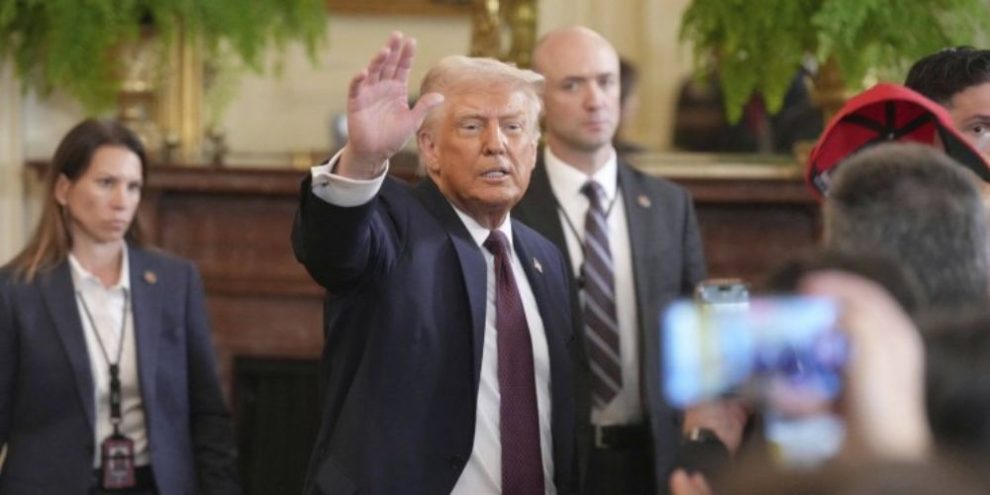
Updated March 26, 2025 @ 7:57pm
U.S. President Donald Trump on Wednesday signed an executive order to impose 25 per cent tariffs on all automobile imports to the United States next week but the deep integration of the North American industry has caused confusion about when those duties would impact the Canadian auto sector.
Prime Minister Mark Carney called the move a "direct attack" on Canadian auto workers, and promised swift action and support.
"We will defend our workers. We will defend our companies. We will defend our country. And we will defend it together," he said.
Carney called the duties "entirely inconsistent" with the Canada-U.S.-Mexico Agreement on trade and "indeed the long history of relations in the auto sector right back through the Auto Pact," an automobile trade agreement signed between Canada and the U.S. in 1965 which started deep integration of the industries between both countries.
The continental trade pact, also called CUSMA, was negotiated during the first Trump administration. Its rules of origin on automobiles require 75 per cent North American content for passenger and light trucks in order to be tariff-free. Rules also require 70 per cent of a vehicle manufacturer’s steel and aluminum to be North American.
A fact sheet provided Wednesday by the White House said automobiles imported under CUSMA will only be tariffed on the value of content not made in the United States.
Those automobiles will not face Trump's latest duties until Commerce Secretary Howard Lutnick, in consultation with U.S. Customs and Border Protection, "establishes a process to apply tariffs to their non-U.S. content," the White House said.
Trump said duties on all other automobile imports will take effect on April 2, with tariff collection beginning the following day.
"If you build your car in the United States, there's no tariff," Trump said in the Oval Office.
There appeared to be no longterm carveouts for vehicles built under CUSMA rules. Trump said the automobile tariffs were permanent and automakers would "have to move their parts divisions back to the United States."
"For the most part, I think it's going to lead cars to be made in one location," Trump said.
The president's on-again, off-again trade war has caused uncertainty in markets and the automobile sector. Shares of the Big Three automakers — Stellantis, Ford and General Motors — all slid in after hours trading Wednesday. Tesla's stock was also down.
Trump's automobile levy is the first to hit since Canada's federal election began four days ago, but the president's tariffs and ongoing threat to annex Canada have become the top issue for a large number of Canadians ahead of the April 28 vote.
Conservative Leader Pierre Poilievre said his message to Trump after the latest tariff announcement was to "knock it off."
"These tariffs are simply causing chaos in markets. They are dislocating workers on both sides of the border." Poilievre said at a campaign stop in Montmagny, Que. before Trump confirmed the tariffs. "Stop threatening Canada with tariffs. Stop talking about our sovereignty."
NDP Leader Jagmeet Singh said Wednesday evening that the tariffs are why Carney should have recalled Parliament ahead of the campaign to legislate emergency relief for potentially laid-off workers. Last Friday, Carney temporarily waived the one week waiting period for workers to be able to claim employment insurance.
Trump cited a conversation with Stellantis, Ford and General Motors when he imposed a partial pause on economy-wide tariffs on Canada and Mexico earlier this month. It’s not clear whether those sweeping across-the-board tariffs are set to return next week after Trump said Tuesday that Canada and Mexico had "stepped it up." The White House has not responded to a request for a timeline.
Trump did move forward earlier this month with 25 per cent tariffs on all steel and aluminum imports to the U.S., including Canadian products, which increased concern among automobile makers.
The president is also set to implement what he calls "reciprocal" tariffs on Wednesday by raising U.S. duties to match the tax rates that other countries charge on imports.
This report by The Canadian Press was first published March 26, 2025.

